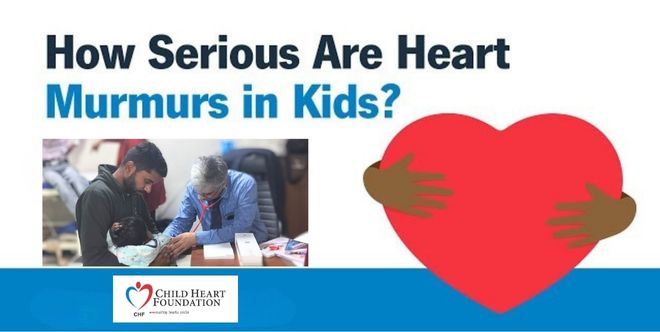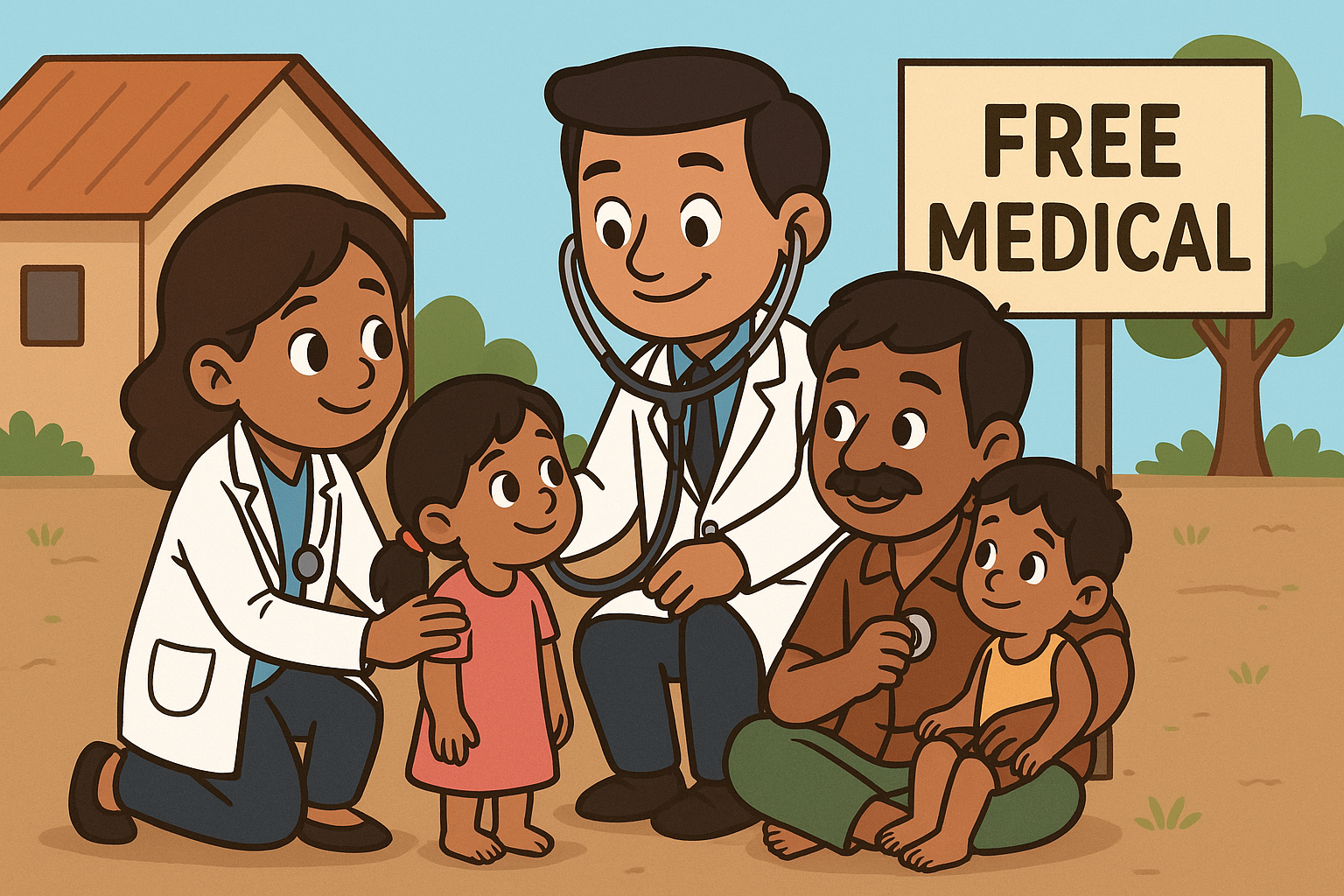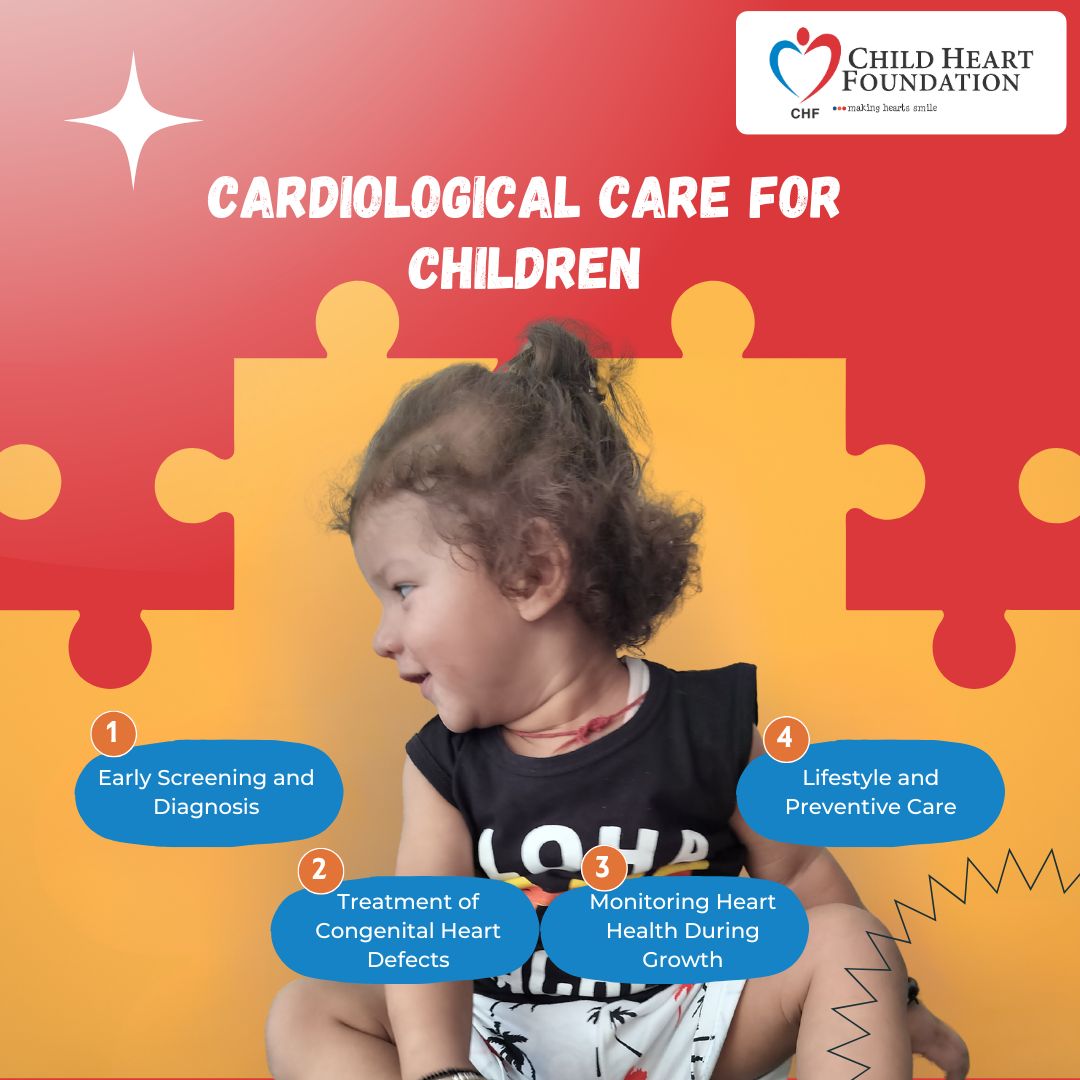
Understanding Heart Murmurs in Children: What Every Parent Needs to Know
Child Heart Foundation provides an overview of diagnosis and treatment of heart murmurs in pediatric cases
Lubb-dupp, lubb-dupp, lubb-dupp—this is the sound of a typical heartbeat. Heart murmurs, in contrast, sound like the whooshing of wind, like water rushing through a pipe. Caused by turbulent blood flow in the heart, murmurs are the extra noise heard between heartbeats. They can be caused when:
- The heart expands and fills with blood: diastolic murmur
- The heart contracts: systolic murmur
- Throughout the heartbeat: continuous murmur
Heart murmurs can present at birth (congenital) or form later in life. They are common in healthy infants, children, and adolescents. Most are benign; some can be pathologic. In the latter case, heart murmurs arise due to congenital heart defects (CHD) or acquired structural heart disease. Symptoms of pathologic heart murmurs can include:
- Poor feeding, eating, or weight gain
- Shortness of breath or breathing fast
- Sweating
- Chest pain
- Dizziness or fainting (syncope)
- Bluish skin, particularly of the lips and fingertips
- Cough
- Swelling (edema) of the lower legs, ankles, feet, abdomen, liver, or neck veins
How are heart murmurs diagnosed in a child?
A healthcare provider will first take a history of your child’s symptoms and health; this will be followed by a physical examination. During the exam, if the clinician hears abnormal heart sounds, they will refer you to a pediatric cardiologist. The cardiologist might order the following tests:
- Chest X-ray: an image of the heart and lungs
- Electrocardiogram (ECG): a record of the heart’s electrical activity
- Echocardiography (echo): an ultrasound to look at the structure and function of the heart. This is the recommended diagnostic method for pathological murmurs.
In most cases, benign murmurs do not indicate structural heart abnormalities, and thus do not require an echo test. However, the threshold for further investigation and referral to pediatric cardiologists is lower for neonates and young infants, given the high rates of CHD in these populations and the association between CHD and asymptomatic murmurs in young children.
Treatment of heart murmurs
While a heart murmur diagnosis in your child may cause anxiety, most heart murmurs are benign and get resolved on their own. Treatment of pathologic heart murmurs will differ based on your child’s symptoms, age, and overall health. If the murmur is caused by CHD, medication (e.g., blood thinners, beta blockers, water pills, and ACE inhibitors) or surgery (e.g., heart valve surgery) might be required to correct the structural heart defect. If the murmur is due to another condition, direct treatment of this underlying issue will usually lead to the heart murmur subsiding.
With regular monitoring and early intervention, most children with heart murmurs go on to lead normal, healthy lives. It is with this goal in mind that Child Heart Foundation works to expand the pediatric cardiac infrastructure in India and increase access to specialized health services for every family. With the right care, your child’s heart can continue to beat strong.
Sources
- Di Nardo, M., & Ho, P. (2012). Pediatric heart murmurs: A practical guide to diagnosis. PubMed Central (PMC). Retrieved from https://pmc.ncbi.nlm.nih.gov/articles/PMC3446116/
- Hopkins Medicine. (n.d.). Heart murmurs in children. Retrieved from https://www.hopkinsmedicine.org/health/conditions-and-diseases/heart-murmurs
- KidsHealth. (n.d.). Heart murmurs in children. Retrieved from https://kidshealth.org/en/parents/murmurs.html
- Loder, E., & Kazzi, A. (2011). Heart murmurs in children. American Family Physician, 84(7), 793–801. Retrieved from https://www.aafp.org/pubs/afp/issues/2011/1001/p793.html
- Mayo Clinic. (n.d.). Heart murmurs: Symptoms and causes. Mayo Clinic. Retrieved from https://www.mayoclinic.org/diseases-conditions/heart-murmurs/symptoms-causes/syc-20373171
- Sidiropoulos, C., et al. (2011). Pediatric heart murmurs: A systematic review. PubMed. Retrieved from https://pubmed.ncbi.nlm.nih.gov/22010618/
- Yip, G., et al. (2024). Cardiac murmurs in children. The Australian Journal of General Practice. Retrieved from https://www1.racgp.org.au/ajgp/2024/july/cardiac-murmurs-in-children
Stay Connected
Stay connected for updates, insights, and exciting news delivered directly to you.
Recent Post
-
May 21, 2025
-
Mar 12, 2025



